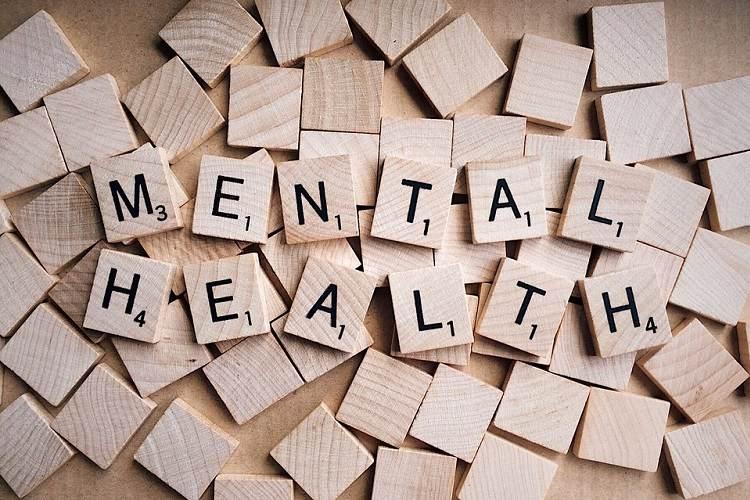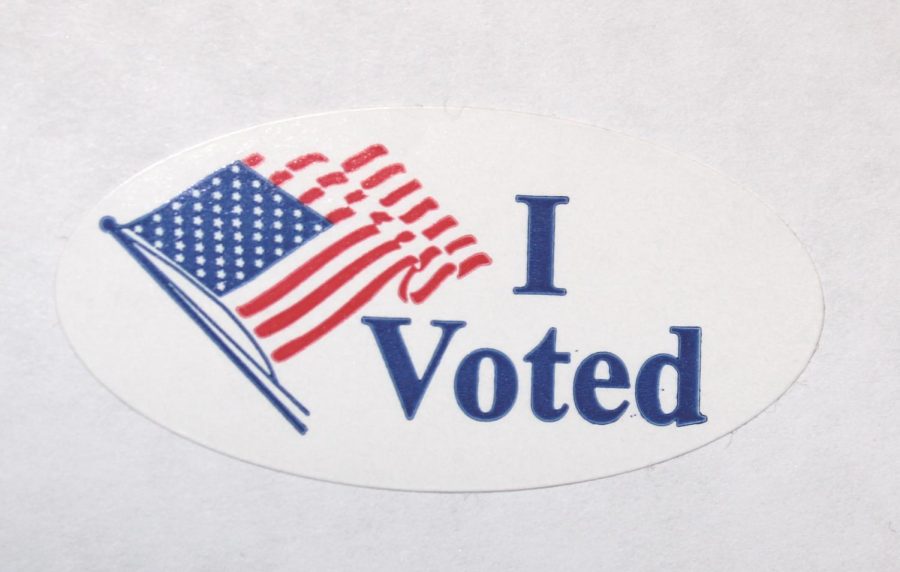When people think of mental illness, they most often focus on the stigma surrounding the term, which has arisen from opinions in the media. The media often portrays mental illnesses as something to be ashamed of.
The negative connotations associated with mental illnesses are also the result of lack of education. People— youth, adults, and elders alike— need to address the reality of a mental illness. Society needs to understand that having a mental illness is treatable if followed through with the right treatment.
Rather than looking at mental illness through a judgemental lense, people need to broaden their views and understand how little control people have over their mental illness, especially when they are left untreated. Treating a mental illness and treating a broken arm aren’t any different; mental health is still part of your health.
Due to pressing concerns regarding those who often conceal their mental illnesses, people are taking the initiative to raise awareness. In spite of these efforts, public talk about mental illnesses still remain a hush-hush topic.
While people shouldn’t feel pressured to disclose personal information about their own mental health, schools or workplaces need to establish safe environments for people to come forward to talk about mental health, without any repercussions.
About 50 percent of people will experience some type of mental illness by the time they’re 14 years old. Once they reach 24 years, the number rises to 75 percent. Out of those who do develop a mental illness in their lifetime, only a mere 20 percent receive the needed treatment.
If the numbers of mental illness are as visible as they are in children, why does society still neglect to talk about these serious issues?
But while mental illness ties in with mental health, the occasional ‘bad’ mental health doesn’t always directly correlate with a mental illness. Keeping stress to a minimum and remembering to take a breather once in a while can help those who are just experiencing a bad day. But telling someone who has clinical depression and social anxiety to go for a run in order to alleviate their feelings isn’t going to work.
People also need to become aware of the words they use in their daily conversations. Saying the weather is bipolar is yet another inconsistent stereotype people apply to bipolar disorder. People with bipolar disorder don’t experience mood swings every five minutes; episodes can occur a few times throughout the year.
Things like: “I’m so depressed today” or “I have OCD when it comes to handwriting” shouldn’t be used either. Depression is caused by long term changes in brain chemistry; and while for some people their brain chemistry might change, OCD goes beyond the stereotypical ‘things need to be straight and color-coordinated.’
Society needs to remember that a mental illness doesn’t define a person, nor should a person feel as if their illness is all they have to offer.
Create a safe environment for people to bring up personal or general concerns about mental health. If keeping your body healthy is an important aspect of your life, then remember that keeping your mind healthy as well will only benefit you further.







